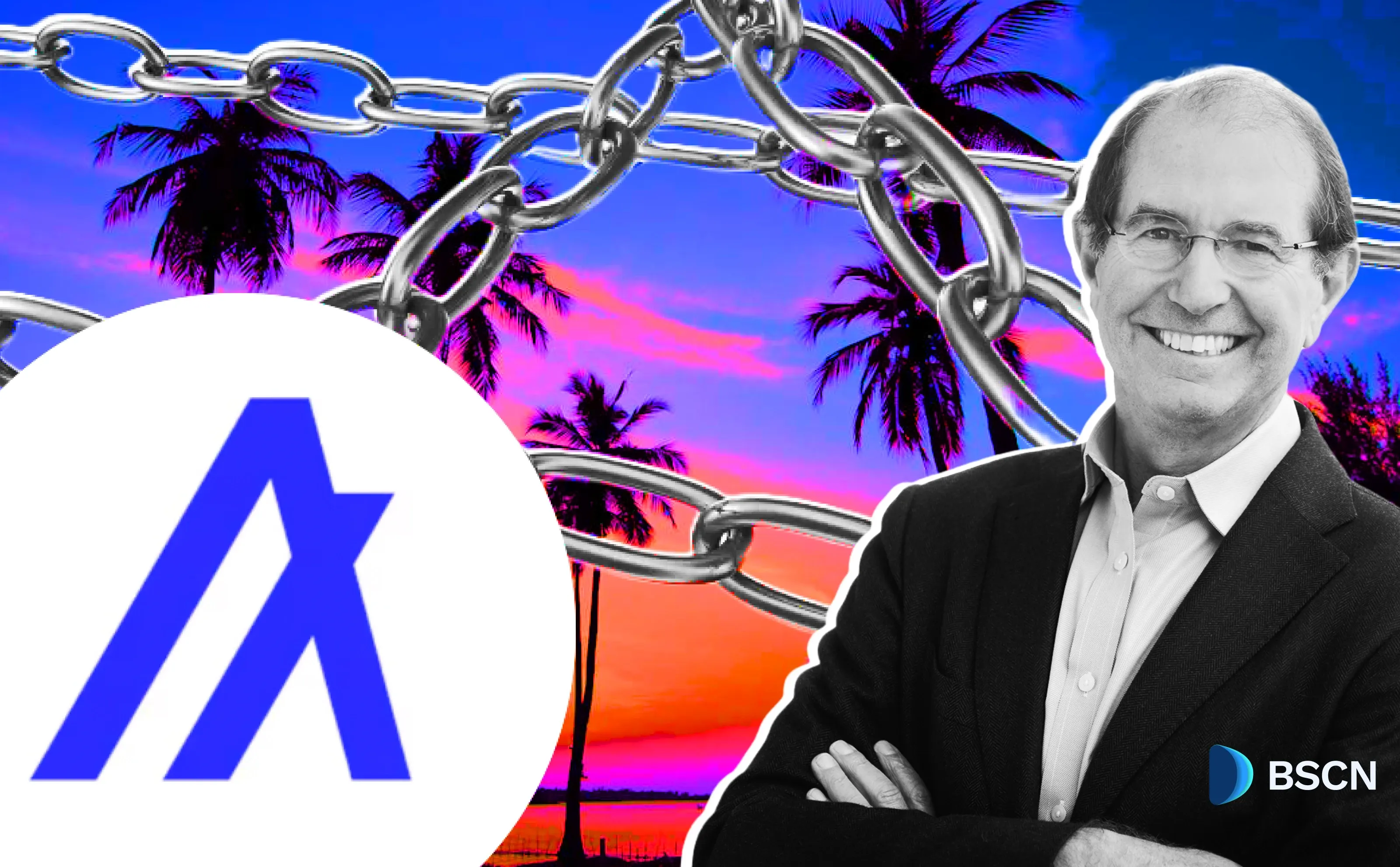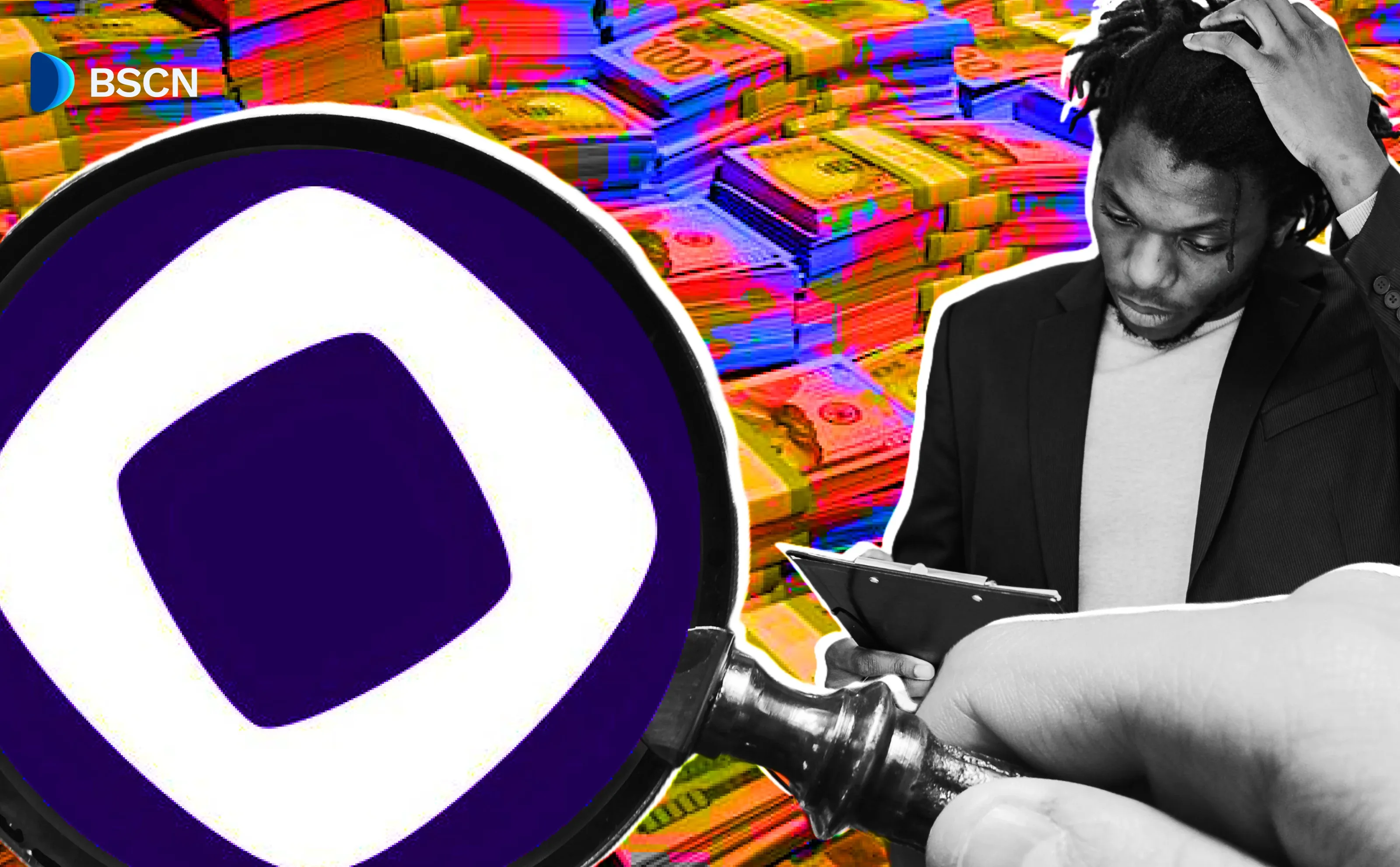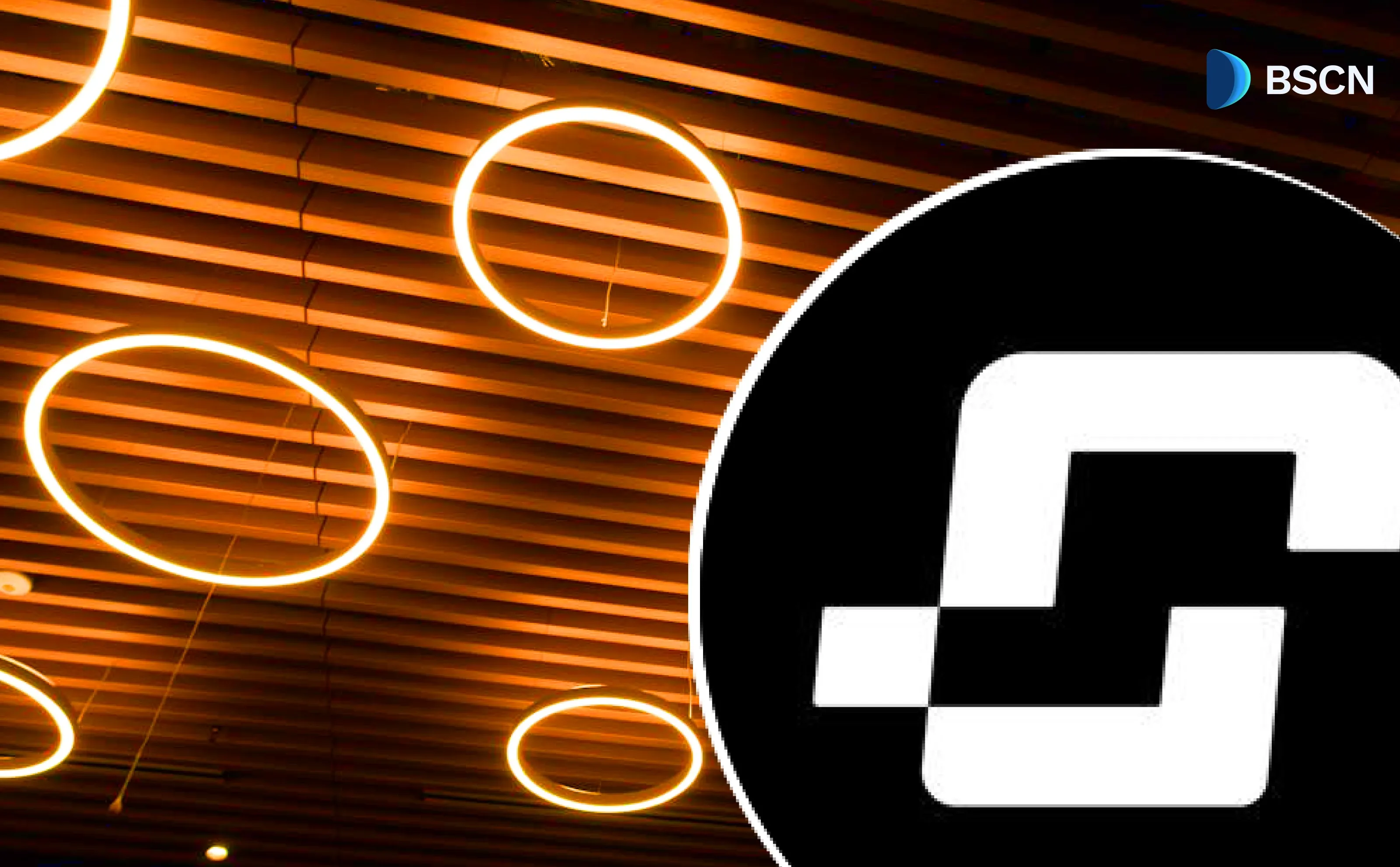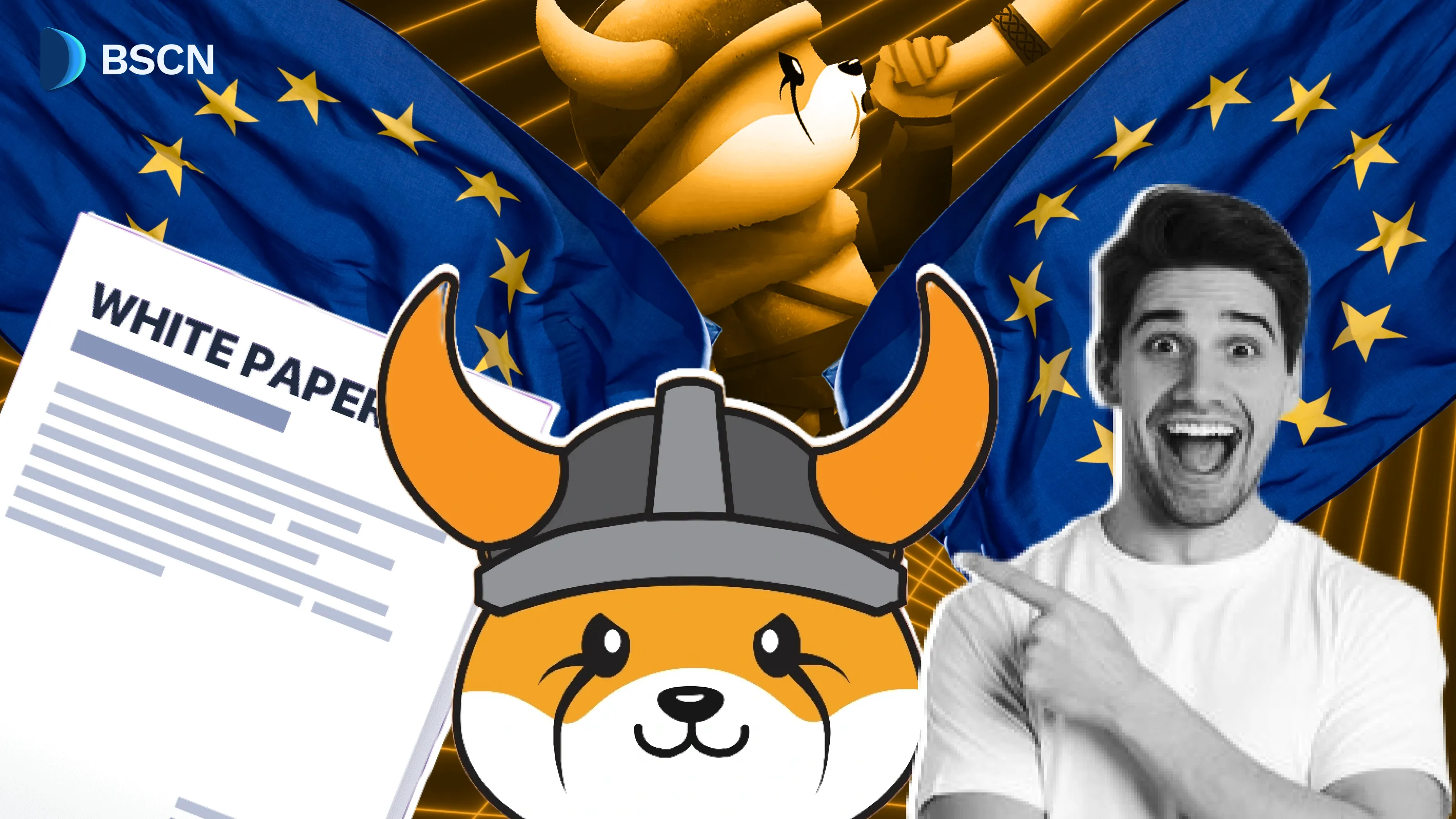WEB3
CIVITAS: A Game Centered Around Social Community Interactions and Self Governance

CIVITAS takes the blockchain community to a whole new level by integrating it into the core gameplay of their project.
BSCN
November 25, 2022
A Game With Community Mechanics
Built on the Ethereum network, CIVITAS is a PlayAndEarn strategy blockchain game that is heavily reliant on community and social interactions.
BSC News had the chance to sit down with Kent Byers, Chief Product Officer of Civitas, during the Philippine Web3 Festival and discuss the game they’re building. In a nutshell, CIVITAS has components of popular game Sid Meier's Civilization, but from the perspective of an individual belonging to a certain community or SubDAO.
“The core mechanic in Civitas is community and collaboration,” Byers told BSC News. “What we hear in other Web3 games is that community [is an important factor] in their games, but they don’t have game mechanics that need community. [It] becomes a side-thing that they’re happy about but their game has nothing to do with the community.”

Civitas players that own land can belong to a community. These players might have their own goals, but they’ll quickly realize that there is a ceiling on how far players can develop. This is because, similar to Civilization, the community that the player is in will need to complete certain events in order to progress their city. There will be multiple possible play styles as the game doesn’t tell you what to do. It just provides the tools for the players to organize themselves and self-govern.
The game can get political as well. What a certain city is doing can be replicated by a different community in another part of the world, but there might be friction in terms of competing against a similar goal between the two communities. These other communities might have different resources that can only be acquired through trade, therefore relations towards that community must be kept positive. FreeToPlay players, or Nomads, also comprise their own community that other SubDAO communities can interact with, and they, too, need to be taken into consideration.
“If you own land in the SubDAO you are a citizen, but land is finite. It can’t continuously expand.” Byers explained. “What we have are two player bases. Citizens, which are landowners part of SubDAOs, and Nomads, which are the FreeToPlay players. Once [Nomads] can self-organize, they’re going to have a big impact on the game as they will outnumber the citizens.”
Another aspect that the team is looking to integrate to the project that would separate them from other blockchain games is geolocation and augmented reality technology. Though nothing is set in stone, these are ideas that the team is playing with that can hopefully be part of the project in the future.
“We’re very interested in the idea that [players] can pick up their phones, open the CIVITAS app, and the geolocation around me will have different resources or minigames or things I can collect just from being outside that are limited to geo locations and are finite in number,” Byers mused.

CIVITAS is still a work in progress and the project is still under development. Byers shared that they have raised enough capital to help them build during the tough market conditions, but the team is looking forward to building out this very ambitious project alongside its community.
“We’ll probably find ways for the community to play with us a bit,” Byers said. “When you’re building a very big project, it's very easy to ‘drink your own juice’ meaning that you don’t see your own problems because you’re very exposed to what you’re building. We want to get the community involved to play it as a first time user [to get valuable feedback] in order to find out the pain points we didn’t see.”
Latest News
Crypto Project & Token Reviews
Project & Token Reviews
Comprehensive reviews of crypto's most interesting projects and assets
Learn about the hottest projects & tokens
Latest Crypto News
Get up to date with the latest crypto news stories and events







